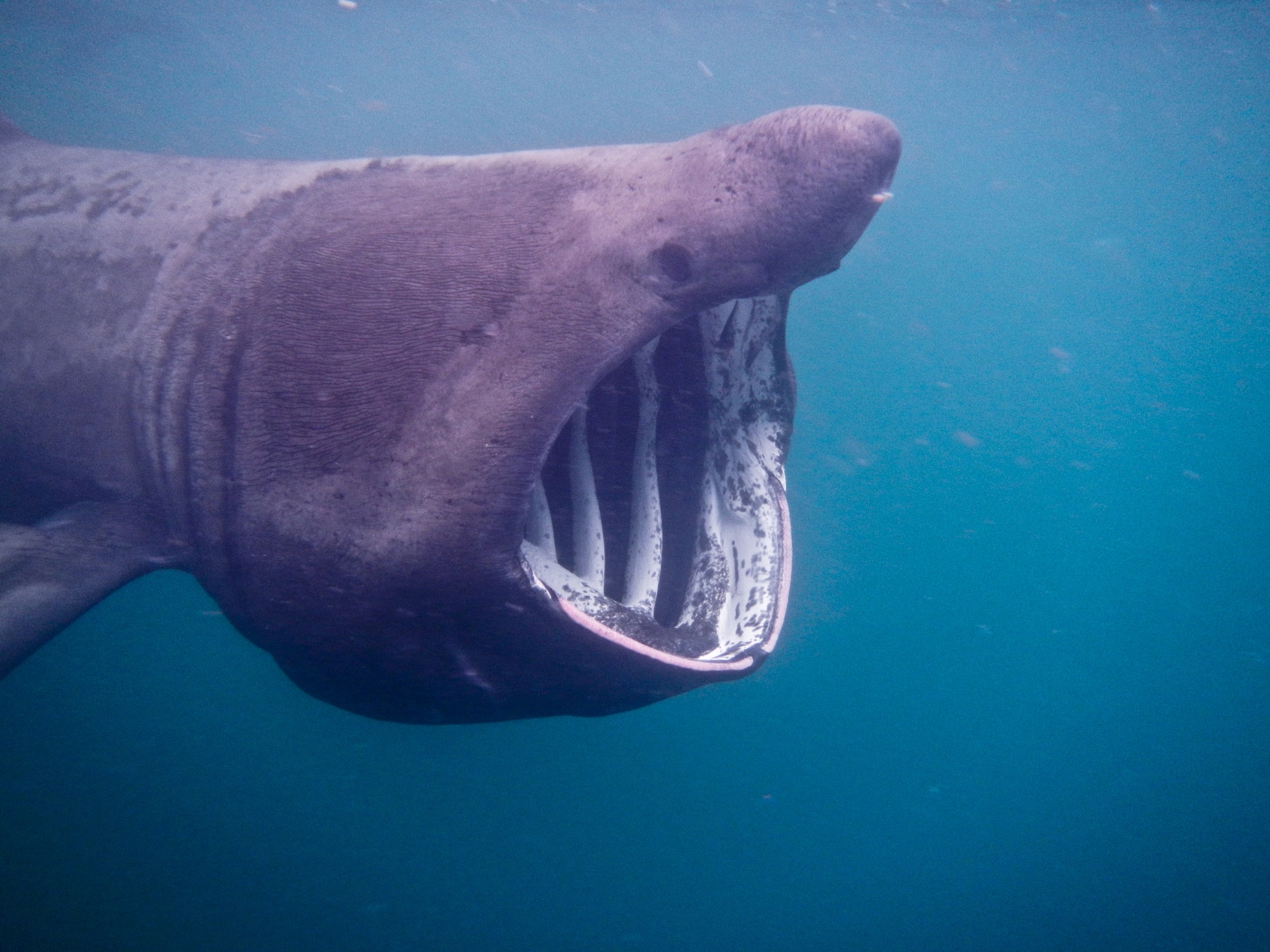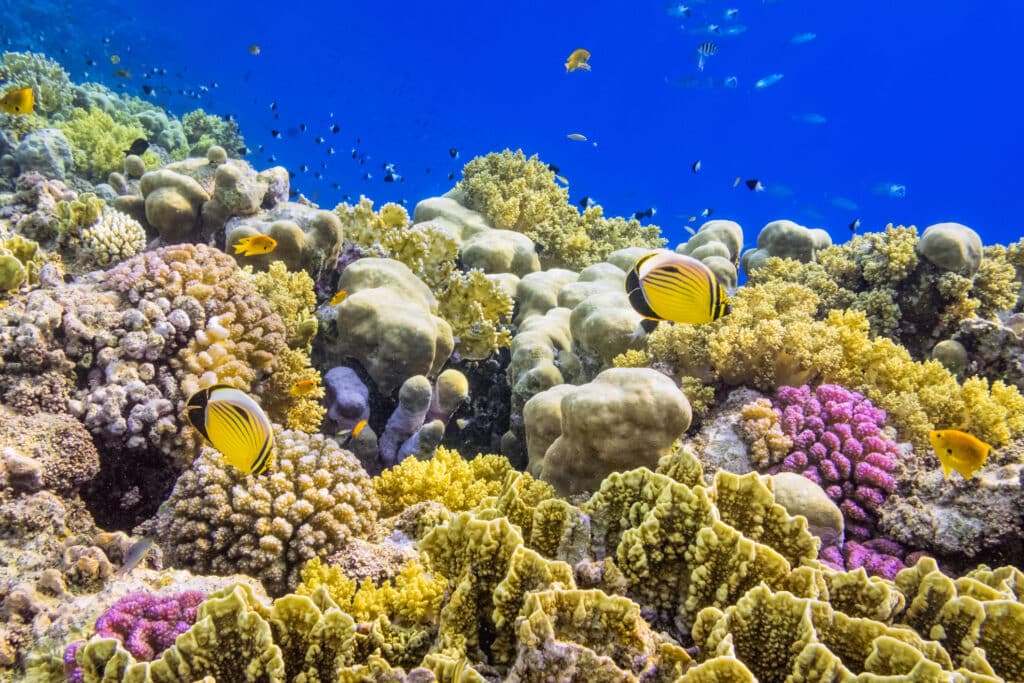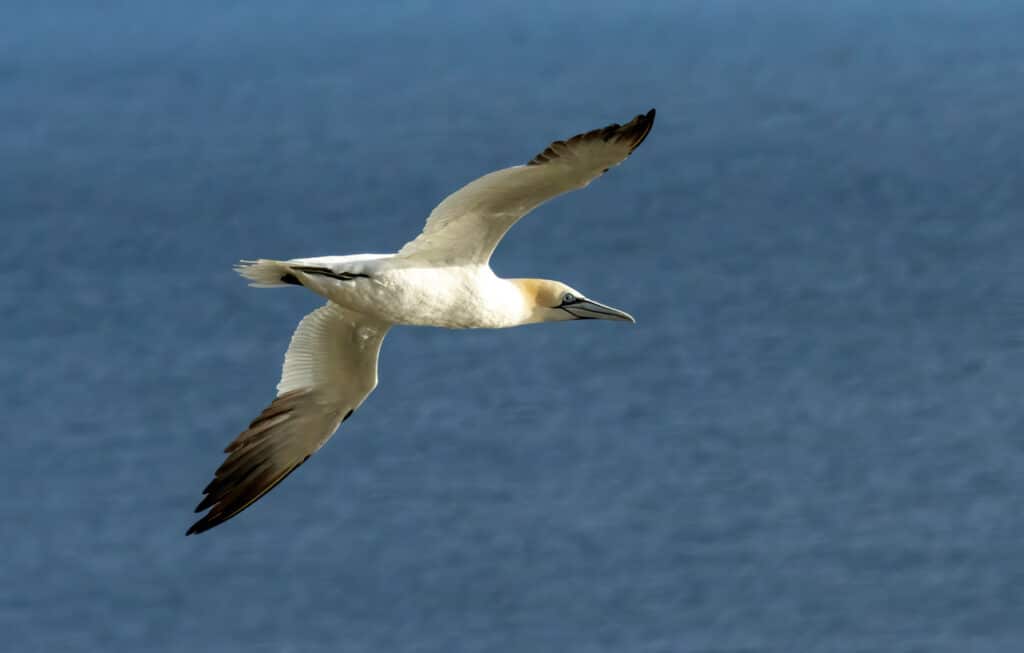How we can Protect Scotland’s Endangered Species
We’re so lucky to have such an array of wildlife living amongst us here in Scotland, but if they’re not protected from environmental and human threats, we risk their populations drastically dropping. This could lead to them becoming endangered or even extinct if we don’t do everything we can to look after these creatures and their habitats.
How many animals are there in Scotland?
There are thought to be over 90,000 animals in Scotland, including reptiles, birds, mammals and marine species.
Scotland is well known for being home to a wide variety of species, with many of them being rare elsewhere in the world due to the climate and habitats available here. However, the populations of some of these animals, both on land and in the sea, are under threat for several different reasons.
Endangered animals in Scotland
All known species, including those in Scotland, fall into one of the following eight categories:
- Least concern (LC)
- Near threatened (NT)
- Vulnerable (V)
- Endangered (EN)
- Critically endangered (CE)
- Extinct in the wild (EW)
- Extinct (E)
- Data deficient (DD)
Understanding these species and the threats they face in the wild can help us maintain the rich biodiversity of Scotland.
What does endangered mean?
An endangered species is considered to be facing a very high risk of extinction in the wild. An animal classified as vulnerable is facing a high risk of extinction, although slightly less than an endangered species. The next classification after being endangered is critically endangered, meaning these species are at an extremely high risk of becoming extinct in the wild.
Scottish wildcat
The Scottish wildcat (Felis silvestris) is a mammal native to Scotland’s woodlands, living mostly on the edges of mountains and moorlands.
As of 2022, Scottish wildcats are classified as critically endangered, with between just 115 and 315 individuals known to exist in the wild. They face several threats, although the main issue is hybridisation with feral cats, domestic cats and existing hybrids. Feline disease, road accidents, habitat disturbances, and predator control incidents are among the other common threats to the Scottish wildcat.
As natural carnivores, these wildcats are critical to the ecosystem, helping control the populations of many small and medium mammals. But with Scottish wildcat numbers dwindling in the wild, populations of these creatures are left uncontrolled, and the food chain begins to change, which ultimately harms biodiversity.
Promoting responsible pet ownership, such as neutering and microchipping of domestic cats, is essential for preventing hybridisation. This species can also be protected by creating reserves for the wildcats to roam freely and avoid the risk of interbreeding.
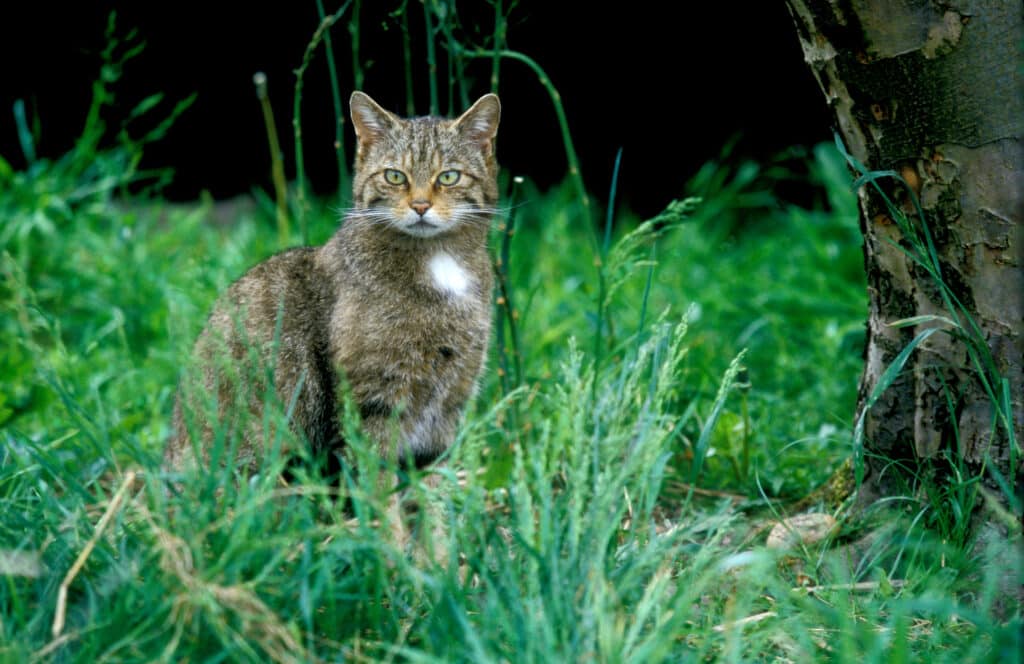
Beavers
The Eurasian beaver (Castor fiber) is a large, semi-aquatic rodent that mostly inhabits Scottish wetland habitats.
After becoming officially extinct in Scotland around 400 years ago, these beavers were reintroduced in 2009. By 2016, they had been officially recognised as a native species in this country, although they’re still classified as endangered. Their main threats in the wild are habitat loss and human persecution.
Beavers are natural ecosystem engineers, which makes them a vital species for maintaining healthy wetlands. Introducing them to suitable wetland habitats can have a positive impact on their populations, along with promoting education about their importance.
Red squirrel
The red squirrel (Sciurus vulgaris) used to be a common sight across Britain’s woodland regions, and although their numbers are higher in Scotland than in England nowadays, there are still thought to be fewer than 220,000 left in the wild. In Scotland, this herbivorous rodent has been classified as near threatened, while the UK lists the species as endangered.
Their main threat is competition with non-native grey squirrels, although woodland habitat loss and disease are also growing threats for the species. Luckily, though, Highland populations of red squirrels remain largely unaffected by the threat of grey squirrels.
Aside from being cute and drawing wildlife lovers to the region, promoting healthy tourism to Scotland’s nature, these animals also play an important role in preserving the woodlands they’ve evolved alongside. They store tree seeds in the ground, eventually leading to new tree seedlings being populated. Red squirrels also spread a specific fungal spore that conifer trees rely on for healthy growth and disease protection.
Capercaillie
Western capercaillie (Tetrao urogallus) is a species of game bird that belongs to the grouse family. They mostly inhabit pine forests around Europe, with most of the Scottish population living further north. You can see the species in large forest areas, including the Cairngorms National Park.
Althoughcapercaillie are officially listed as ‘least concern’ by the IUCN, the declining population in Scotland has led them to become a conservation priority. In fact, capercaillie numbers have fallen by 97% in the past 50 years. The main reason for this is the prolonged cold weather in Scotland. Not only does this mean females are contending with poor breeding conditions, but it also means chicks are less likely to survive and find the food they need.
As an animal of cultural significance in Scotland, the conservation of this species is vital. Protecting the woodlands can help, but with their main threat being the changing weather, it’s important for us to lower our environmental impact wherever possible.
Flapper skate
The flapper skate (Dipturus intermedius) is a type of ray found in the North Sea, typically off the western coast near Orkney and Shetland. However, due to declining populations, they’re now listed as ‘critically endangered’ by the IUCN. It’s thought that this is because they take over 10 years to reach sexual maturity, and they only produce small numbers of offspring each breeding season. Therefore, any environmental impacts can have a catastrophic impact on population figures.
Commercial landing of flapper skates in Scotland has been illegal since 2009, which means that if fishermen catch these rays, they must return them to the water as quickly as possible without causing harm.
At Deep Sea World, we also work alongside the Orkney Skate Trust to help with the conservation of skate species.
Blue skate
Blue skates (Dipturus batis) have only recently been distinguished as a separate species from the flapper skate. Also a ray species, the blue skate has the same habitat as the flapper skate and lives primarily on the western coast of Scotland.
Like the flapper skate, the blue skate is also classified as critically endangered, although for this species, it’s mainly due to overfishing and bycatch from fishermen.
They’re an important species for maintaining balance in the benthic (seafloor) food chain, where they are apex predators. Therefore, declining populations can have a huge knock-on effect for the other seafloor species, particularly in this area of the North Sea. The Orkney Skate Trust are also focusing its conservation efforts on this species to help protect its populations.
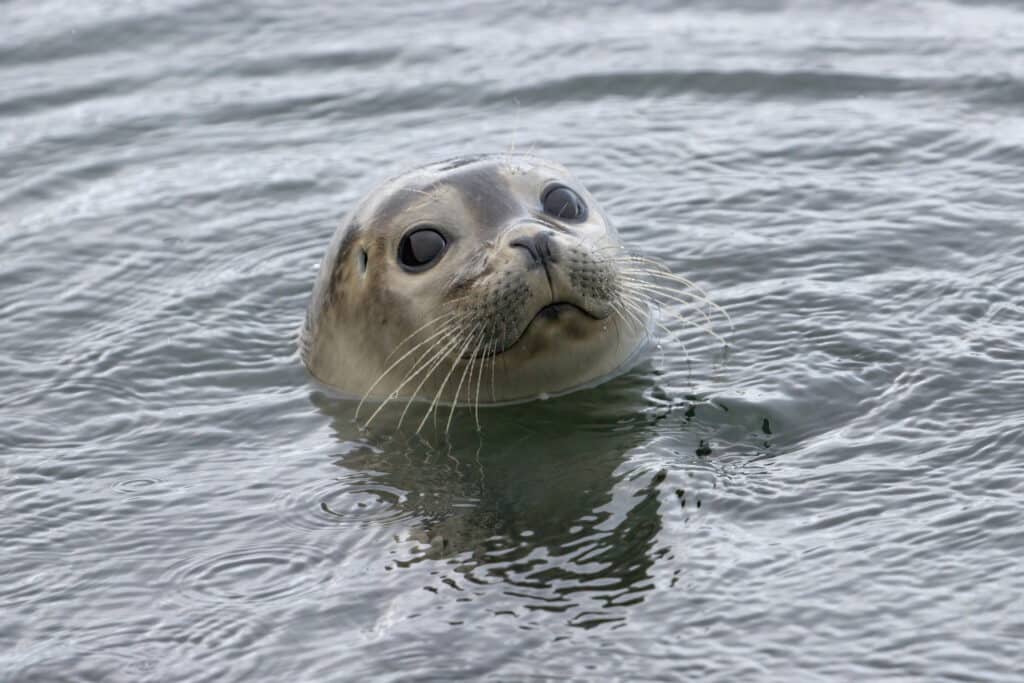
Seals
Common seals (Phoca vitulina)and grey seals (Halichoerus grypus) are two of the most common seals found in the waters around the Scottish coastline. Although these species aren’t classed as endangered for now, they’re a growing concern for marine conservationists due to their declining populations.
Due to oil leaks and spills, many harbour seals (also known as common seals) have been poisoned in recent years, resulting in long-term health impacts and even deaths. Also, some coastal areas are heavily fished, causing several seals to be trapped in the fishing gear. These events have led to declining numbers in Shetland, Orkney, and Scotland’s east coast.
We have our very own seal exhibit at Deep Sea World where you can see these friendly creatures and watch them swim. You can even go seal spotting around Scotland!
Sharks
Scotland is home to several shark species, including the basking shark, porbeagle shark and dogfish shark. However, some of these fish are classified as vulnerable or endangered because they’re being hunted by humans and exploited for commercial, industrial and even food products.
As many of these large sea creatures are an important part of the food chain, their declining numbers are having a huge impact on the ecosystems in the North Sea surrounding Scotland.
Shark conservationists, like Sharks Trust, are working hard to protect several species, including those native to Scottish waters.
How we can help protect endangered species in Scotland
Looking after the creatures on land and in our oceans is vital. With the changing climate, overfishing, littered waters, and fumes and chemicals polluting oceans around the globe, it’s never been more essential to take care of our natural waters.
These factors are all having a big impact on the habitats of many sea creatures, from freshwater fish to sharks. We take conservation very seriously, which is why we’re encouraging everybody to get involved in protecting the local shores of Scotland. There are many things you can do, including:
- Throw rubbish in the bin rather than littering – wherever you are
- Lower your waste consumption and recycle as much as possible
- Travel by foot, bicycle, or public transport to reduce your carbon footprint
- Buy sustainable seafood from responsible fishmongers (look for MSC certification on packaging)
In Scotland, many national sea creatures are sadly in danger of extinction. By making small changes to your lifestyle, you can help take care of these species. Find out more about our conservation efforts and discover our marine creatures on your next visit to Deep Sea World.
